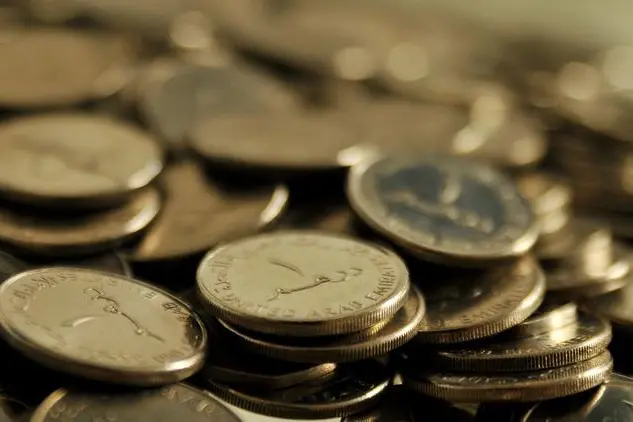PHOTO
The outlook for the GCC economies is constructive, according to a new report by the Dubai-based lender, Emirates NBD.
"Growth will be driven by increased investment and production in the hydrocarbon sectors, while the non-oil sectors will continue to recover from the pandemic contraction as restrictions have been eased, Covid-19 vaccination rates are high and international travel rebounds," the report noted.
The report however warned that higher inflation, slower global growth and rising interest rates are likely to prove headwinds to growth in the non-oil sectors.
Improved fiscal dynamics for GCC oil exporters will allow governments to cushion some of the impact of higher global energy and food prices on their consumers, if they choose to do so, as well as provide support to other MENA countries that are more vulnerable to global supply shocks.
By contrast, most of the rest of the MENA region is facing a far more challenging 2022. With most of the non-GCC countries reliant on oil imports, they will be hit by the higher global prices while their FX inflows from tourism remain below pre-pandemic levels.
The report noted that the UAE economy has had a strong start to 2022, with crude oil production up 12 percent y-o-y in the first quarter of this year. Survey data points to a solid expansion in non-oil sectors as well.
"We expect inflation to average 4.3 percent this year from 2.3 percent previously, significantly higher than last year’s 0.2 percent average CPI," it said.
For Saudi Arabia, the bank said growth to set to accelerate from 3.2 percent in 2021 to 7.7 percent this year on higher oil production. Non-oil growth is likely to slow to 4.1 percent this year with government spending remaining disciplined.
(Writing by Brinda Darasha; editing by Seban Scaria)





















